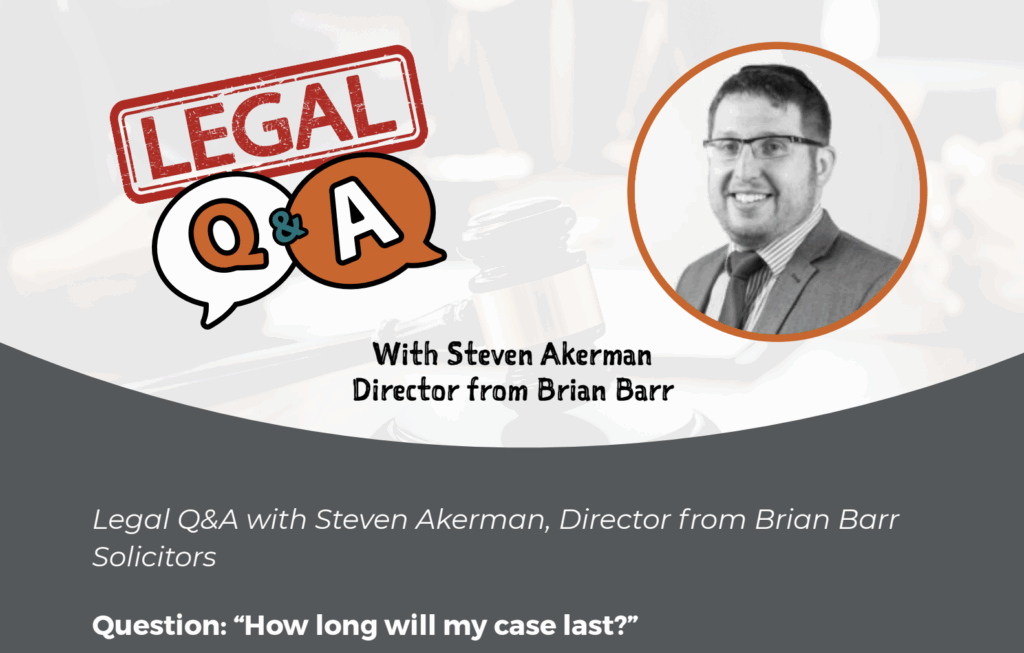If you suffer from fibromyalgia, you may find it difficult to continue working because of the potentially debilitating symptoms, and this can cause financial difficulties. If you are currently paying into a pension, you can only access the money from age 55. However, you may be eligible to claim an ill-health early retirement pension before then, and this will allow you to continue to receive an income.
What is an ill-health early retirement claim, and can you claim it for fibromyalgia?
If you are unfit or unable to work due to fibromyalgia, you can claim an ill-health retirement claim, otherwise known as being ‘medically retired’. This allows you to receive your pension benefits before the age of 55 if you are unable to work due to a permanent illness or condition. You can also make a claim if your fibromyalgia dramatically reduces how much you could potentially be able to earn.
How fibromyalgia can affect your ability to work
Everyone experiences fibromyalgia differently. Some people are able to continue working and complete tasks normally, occasionally suffering from flare-ups’. However, for some, the condition can be debilitating, making it extremely difficult, and sometimes even impossible, to continue working. Symptoms can be so severe that it causes difficulty in completing even day-to-day tasks and commonly include widespread pain and tenderness, headaches, fatigue, cognitive problems and extreme sensitivity. There is currently no cure, but medications and other techniques are used to manage the pain.
Symptoms of fibromyalgia, such as extreme tiredness, problems with mental processes such as memory and concentration, muscle stiffness and widespread pain can cause difficulties working long hours, especially in jobs that require physical work. Too much physical and mental stress on the body can cause severe flare-ups and even exacerbate the condition. It is important to avoid working at a job that can have a negative effect on your health.
Making a claim
Before making a claim, you may want to request that your employer makes adjustments to your workplace to enable you to continue working to the best of your ability. As long as they are considered reasonable adjustments, you have the right to make these requests to prevent you from being disadvantaged at work. This can allow you to continue working for longer and enable you to earn an income, and may be beneficial to your mental health. These changes may include your employer offering you flexible working hours, additional rest breaks and task rotation to combat the common symptoms of fatigue. They may also reduce the number of physical tasks required of you, shorten your hours or allow you to work from home. Furthermore, they may amend and change your work duties if your doctor believes that they might exacerbate your fibromyalgia.
In order to make an ill-health early retirement pension claim, there are certain criteria you need to prove. You need to demonstrate that you are permanently incapable of returning to work and that there are no further medications or treatments that can be explored to allow you to return to your job before normal pension age. You will also need to show that you are incapable of working at a similar alternative job.
How to make a claim
If you choose to make a fibromyalgia claim, the first steps are to complete the ill-health early retirement pension application. You can receive this from your pension scheme. You will need medical proof which you should receive from a consultation with a rheumatologist who fully understands fibromyalgia. They will give an expert opinion on whether they believe you are able to work or permanently unfit to carry out the duties required from you at work. Your employer will then be required to confirm that ill-health is the only reason you are making this claim and retiring.
With a report from a professional, you have very reasonable prospects of being able to claim and ill-health early retirement pension. However, there is a possibility that your claim may not be successful, but it is possible to submit an appeal and potentially receive an ill-health pension with new medical evidence. Seeking professional help from accident solicitors in Manchester can make the claim process smooth and stress-free.
We do not endorse any research, studies or sources mentioned within our blogs and comments. Furthermore, we do not endorse any medical advice provided, and would strongly recommend anyone seeking medical advice to contact their local healthcare provider
















